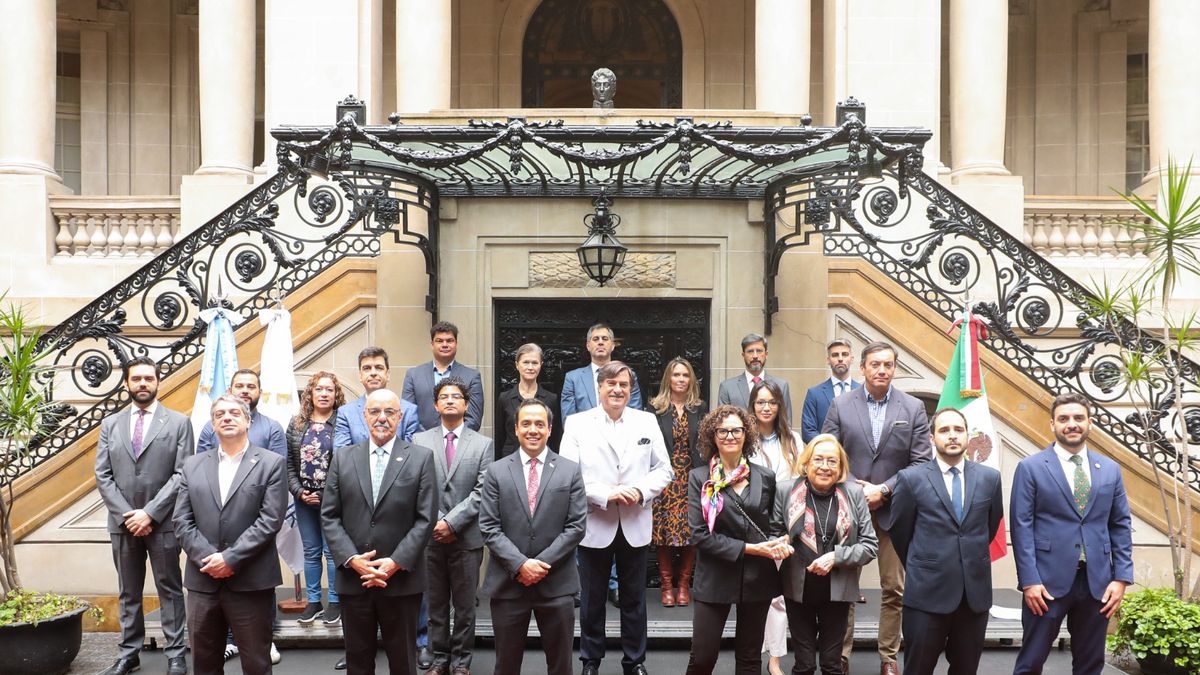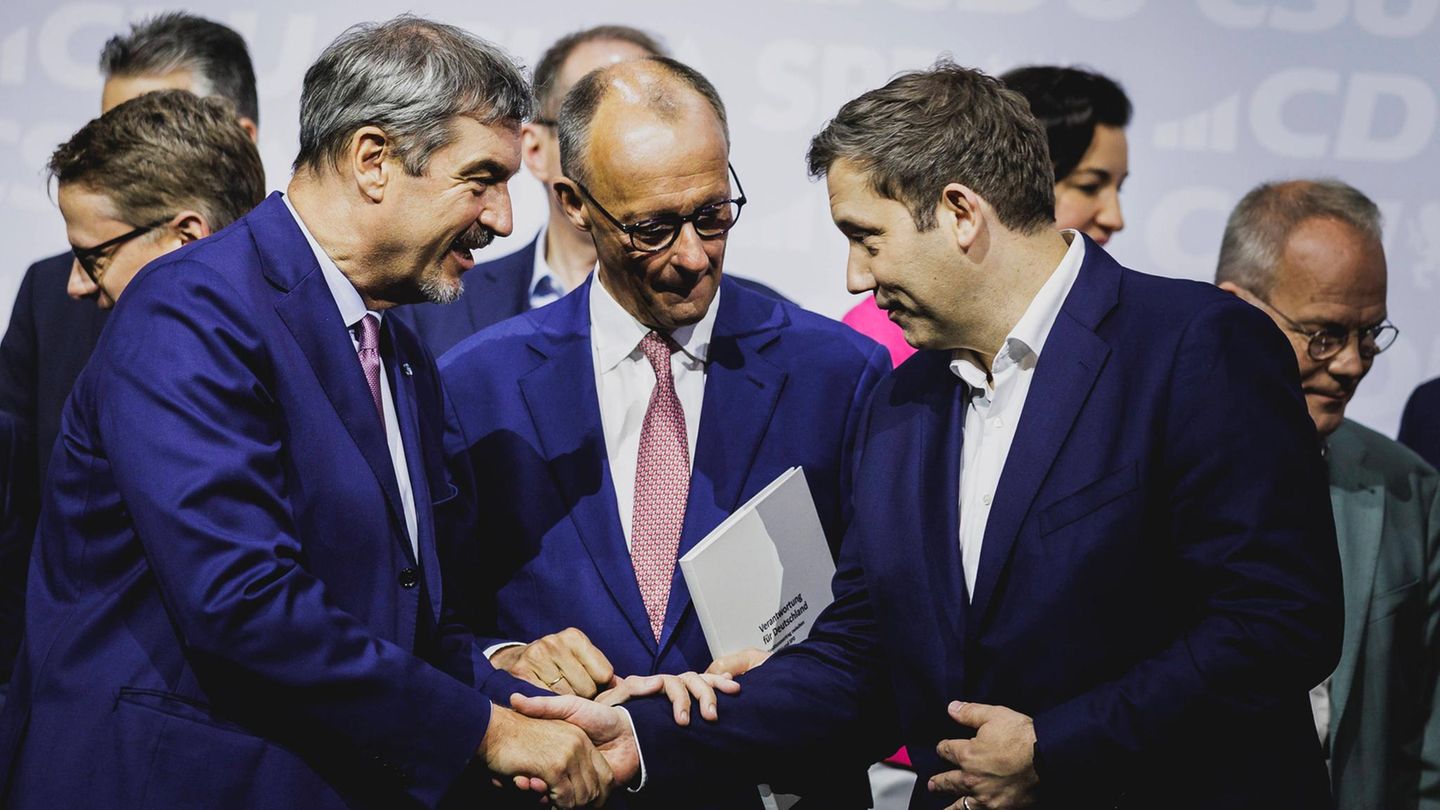The Government seeks to expand bilateral trade with Mexicowith exports that barely exceed US$1 billion annually. To the political affinity between the president Alberto Fernandez and his pair Andres Manuel Lopez ObradorAdded to this is the anti-inflationary policy that the North American country has been applying, which in practice implies greater trade opening.
For this reason, Cecilia Todesca Bocco, Secretary of International Economic Relations of the Foreign Ministry, revealed in dialogue with Ámbito that opportunities for greater food exports are opening up, for a market of 130 million inhabitants. But, in addition, for the medium term, they will seek to agree on a common agenda to take advantage of lithium and advance in an electromobility value chain.
On Thursday and Friday of last week, the Foreign Ministry organized a meeting between the three largest supermarket chains in Mexico (Walmart, Soriana and Chedraui, which concentrate 80% of mass consumption) and 51 Argentine companies to advance in business rounds. Hypermarkets are interested in various foods: dairy, meat, frozen foods, pasta, oils, fruits, vegetables, and personal hygiene products. Public banks were also present, such as Banco Nación and BICE to pre-finance exports.
Regarding the reason for these negotiations with Mexico, Todesca Bocco explained that what they are looking for together with the embassies is to “identify Argentine products” that could be sold to Mexico “within the framework of their anti-inflationary policy, in which they seek to have more suppliers for your food market. A year ago, Mexico implemented a package of measures against inflation, known as Pacic, where one of its many measures was the reduction of tariffs and subsidies.
At present, Argentina and Mexico are not important trading partners. In 2022, Argentine exports of goods reached US$1,117 million (+60.4% year-on-year), while in the case of services they were for US$432 million (+32% compared to 2021). In fact, last week they signed a Memorandum of Understanding to seek collaboration on the knowledge economy and promote investment.
When asked why this is happening, the Foreign Ministry explained that it is partly due to the free trade agreements that Mexico has with other countries, and protectionist measures that they had for the food sector.
“Trade today is low compared to what it could be, exports are basically sunflower oil, wheat and cars. But shouldn’t be two disconnected economiesIn fact, Argentina is the leading investor from Latin America in Mexico, there are large Argentine companies there, such as Techint, it is an important market where companies seek to establish themselves, with the same time zone, Spanish language, close to the United States and a market of 130 millions of inhabitants”.
In addition, the economist, Chancellor Santiago Cafiero’s right-hand man, opined that we must take advantage of the political and economic situation: “Today there is a lot of political tune between both countries. But they are also looking for food because they want to expand their international suppliers to have better products and lower prices. And that is where the opportunity opens up for Argentina, which has an export supply of food”.
As a result of the changes in the regulations of Mexico and the efforts of the Foreign Ministry, Argentina returned to export meat for the first time after 20 years. In addition, the export of poultry meal, poultry meat, white corn, boneless meat, palapay rice grains and onion bulbs was also approved again, official sources detailed.
At the same time, also last week the sixth meeting of the Commission on Economic, Commercial and Investment Affairs Argentina-Mexico, which is held once a year, to review bilateral trade, market access and investment opportunities. It occurs in the market of the strategic association agreement between Argentina and Mexico, signed in 2007.
Outside the food agenda, Todesca Bocco revealed that one of the topics that was on the agenda was lithium, where they exchanged what the legal framework is like in each country, what technology is used in the extraction and what is the work with the communities . “We want to create value chains with Mexico in terms of batteries and automobiles, to advance with electromobility, the conversation will continue there, because they are a great power in automotive matters, and Argentina is important in lithium production,” advance.
Source: Ambito




